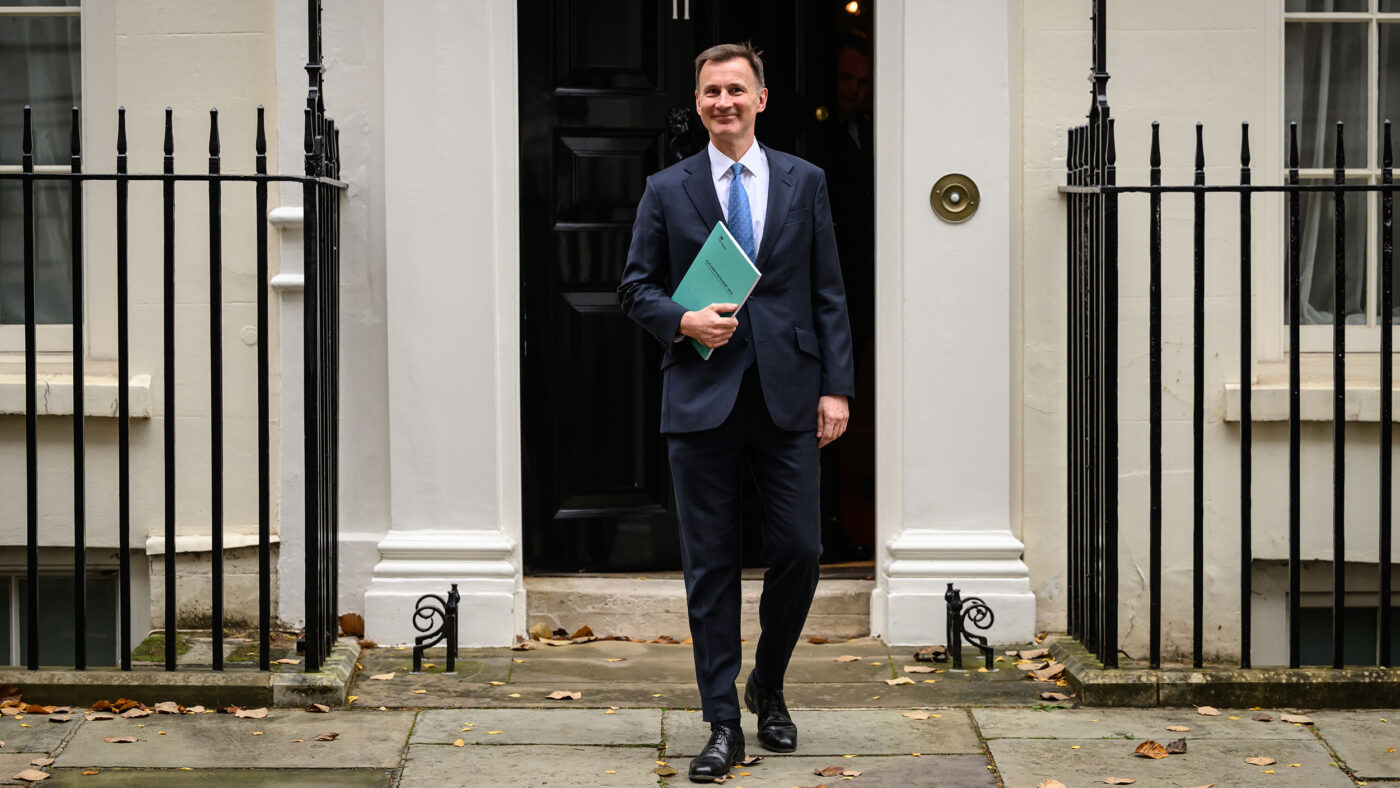Peering over the present Chancellor’s shoulder, as he polished off the Budget, was a photo of the former, Nigel Lawson. The language that Hunt used over the course of yesterday certainly invoked the spirit of his much acclaimed predecessor. He dangled the keys to growth in front of our eyes; from teasing his intention to abolish National Insurance in its entirety, to paying homage to the Laffer Curve, encouraging noises were made about the future direction of the UK’s economy.
But other than a few – albeit welcome – announcements, including National Insurance cuts, expanding full expensing to leased equipment, reforms to Capital Gains Tax and pushing forwards with productivity improvements to the NHS, his words were not entirely matched with action.
Take housing and planning reform, for example. The Chancellor stated his laudable aim to ‘level up opportunity across the generations, including more houses for young people.’ But housing and planning reform only took up eight lines of his entire speech – and focused entirely on subsidy, rather than fiscal measures to underline proper planning reform. And I hardly need to remind CapX readers that it is the latter, not the former, that is the foundation of Britain’s pitiful economic growth.
The measures that were announced only re-arranged the deckchairs on the Titanic. Abolishing the Furnished Holiday Lettings tax regime, which will push short-term holiday let prices into even more unreachable realms, is unlikely to free up the necessary homes in rural communities. Likewise, the abolition of Multiple Dwellings Relief will cause some consternation. As maligned as it is, it still provides the necessary arbitrage for housing services for those who are still saving for deposits or choosing not to buy. Expect even more of a squeeze on rents from this measure.
The Budget included developmental subsidies for housing projects across the country, and some nutrient guideline reform, resulting in 67,950 new homes by 2030 – this does not come close to scratching the surface of the 4.2m unit deficit we are experiencing in 2024, never mind by 2030 with an even larger population and older, more expensive infrastructure. Unfortunately, once again, this highlights the mindset behind housing reform in Whitehall – juice demand with ever more taxpayer cash without upsetting existing homeowners all at the expense of future growth and the living standards of future generations.
There are simple fiscal initiatives the Government could grasp, including applying full expensing to brownfield development sites. This would deliver homes in the most productive areas of the country, and a substantial 12%-17% return to the Treasury, all without requiring touching the now seemingly sacred green belt. We should hope that the Chancellor will act on his promise to increase opportunities for young aspiring home-owners.
Of course, housing was not the only issue where the rhetoric did not match the policy. The Chancellor noted that vapes can play a positive role in helping people quit smoking, but the new vaping tax, which will supposedly raise £500m, will only discourage them from doing so. And raising cigarette duty is more likely to drive smokers into the arms of black market criminals, who are already operating near drinking establishments around the country.
Speaking of the adverse effects of taxation, whilst any tax cuts are to be welcomed, yesterday’s 2p off National Insurance will not offset the rising tax burden created by fiscal drag. It might help bring the equivalent of 200,000 people back into the workforce – but the freeze on income tax thresholds have denied the economy a further 100,000. Indexing these tax brackets with inflation should be a top priority for the Chancellor.
The Chancellor still has time to embrace the calls for growth that he himself made in his budget – and to make Nigel Lawson proud.
Click here to subscribe to our daily briefing – the best pieces from CapX and across the web.
CapX depends on the generosity of its readers. If you value what we do, please consider making a donation.


